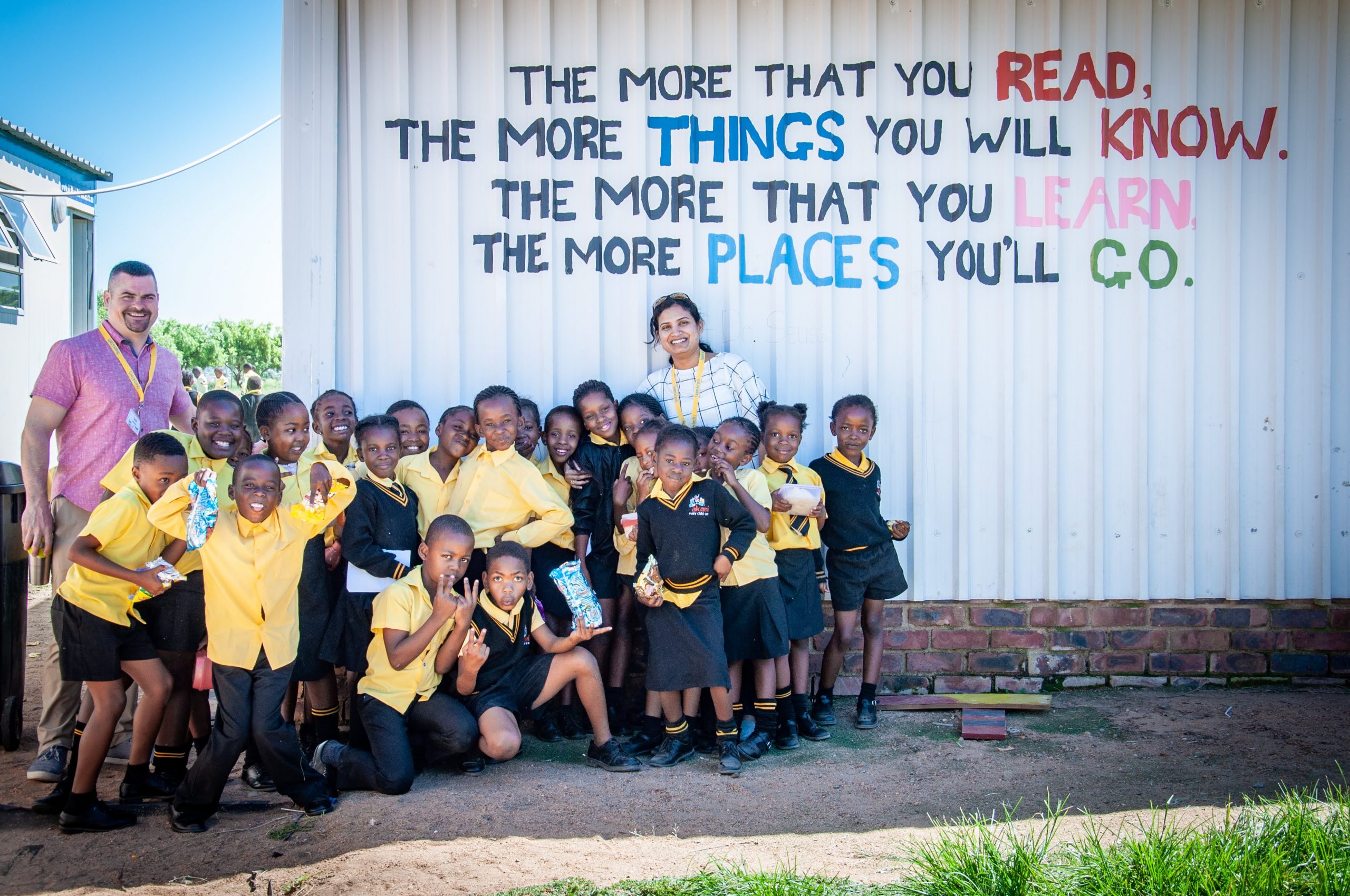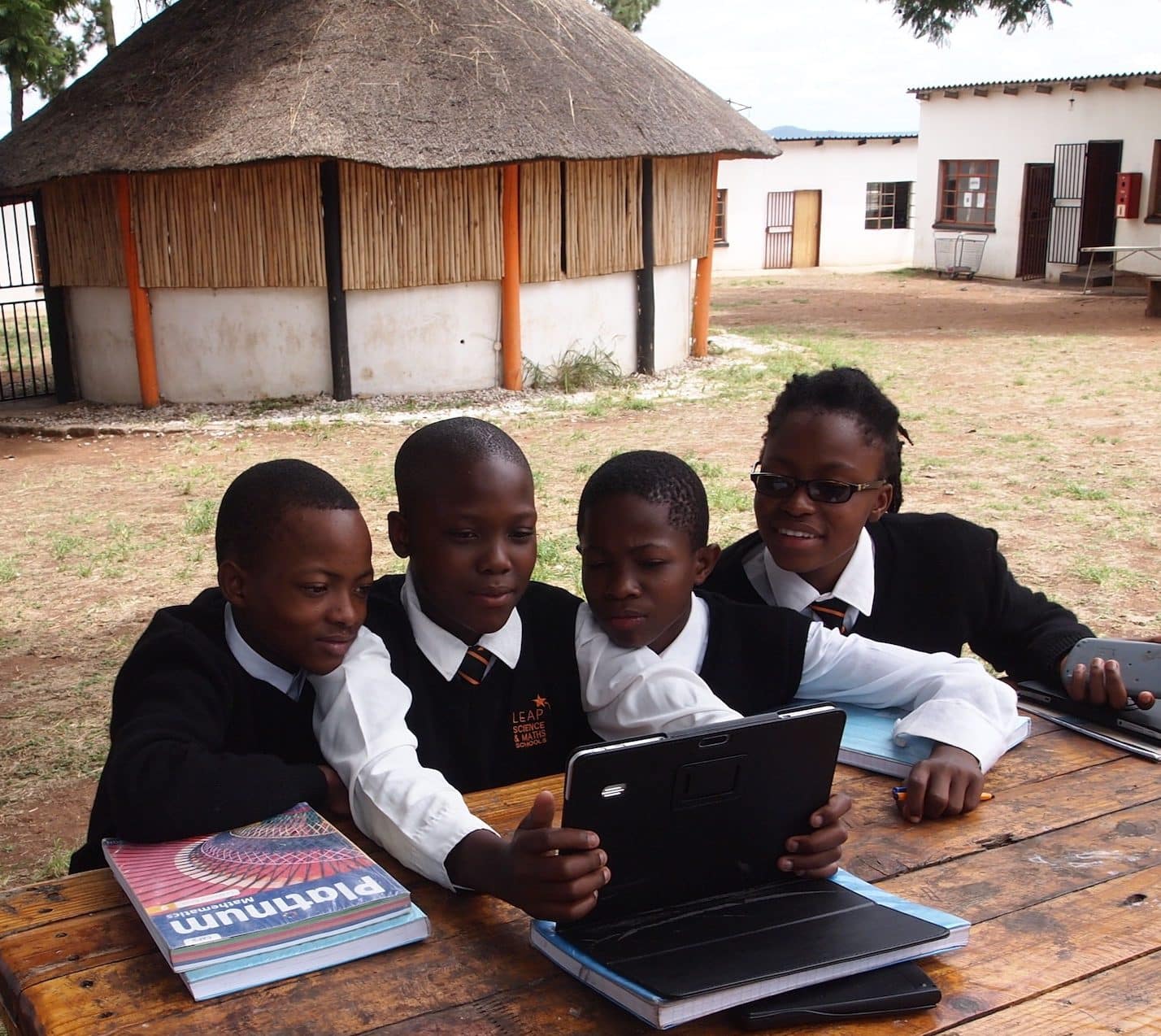Project Type: STEM
-
Technology Skills for Women in Uganda: 2019 WITU Project
WITU Empowers Women to Learn Technical Skills 74% of Ugandans between the ages of 15-25 are unemployed. The majority of them are young women who have either dropped out of school due to poverty or lack digital skills for better jobs because public schools do not use technology for instruction and learning. Women in Technology…
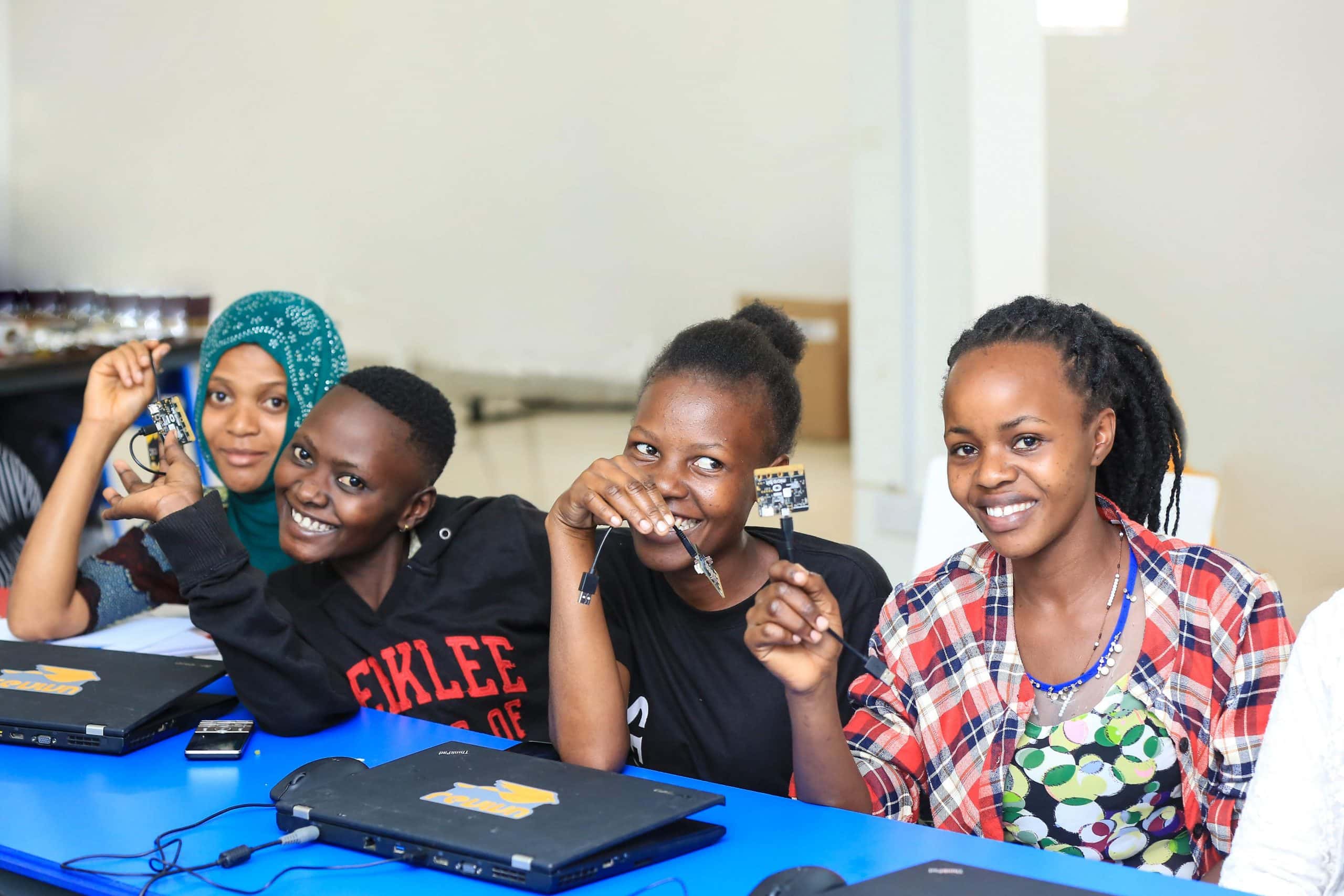
-
Virtual Mentorship for the Cambodian Children’s Fund with Adobe
Cambodian Children’s Fund Supports Children and Families Since 2004, the Cambodian Children’s Fund (CCF) serves children and their families in extreme poverty who survive by scavenging at the (now closed) Steung Meanchey garbage dump. CCF provides holistic support for over 2,000 children and their families through education, healthcare, and vocational training. During the pandemic, Team4Tech…
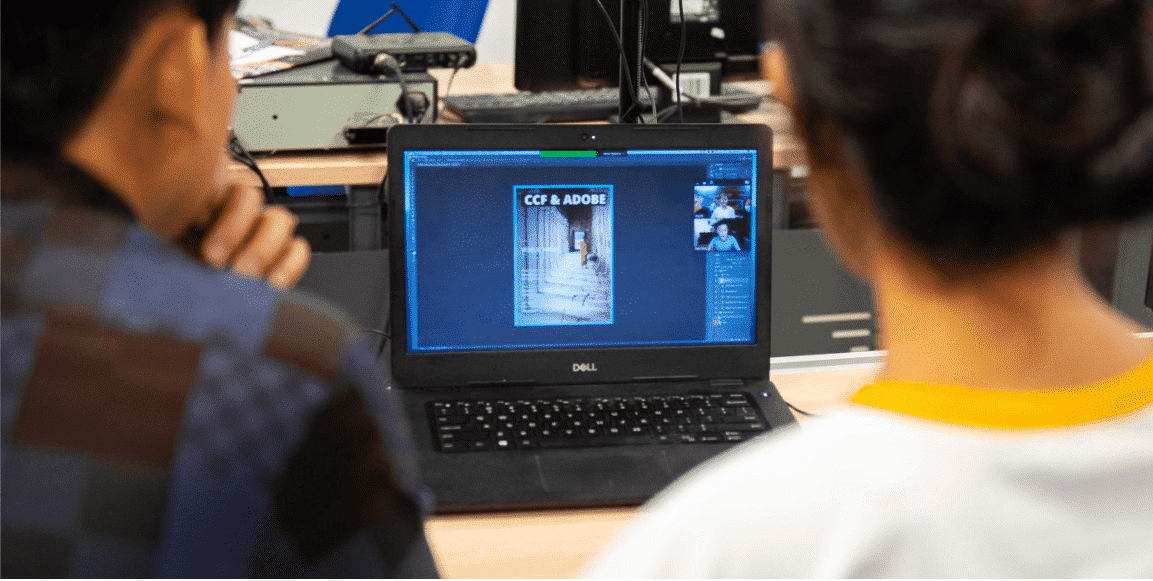
-
Women Empowerment in Vietnam: 2020 Project with Kidspire Vietnam
Kidspire Vietnam Enables Skill-building for Orphaned Children In Vietnam, there are over 2 million orphans who are struggling with poverty, violence and prejudice and even sex trafficking. Many spend most of their childhood years in government facilities and drop out of school. Few of these children graduate with basic computing skills, greatly limiting their employment…
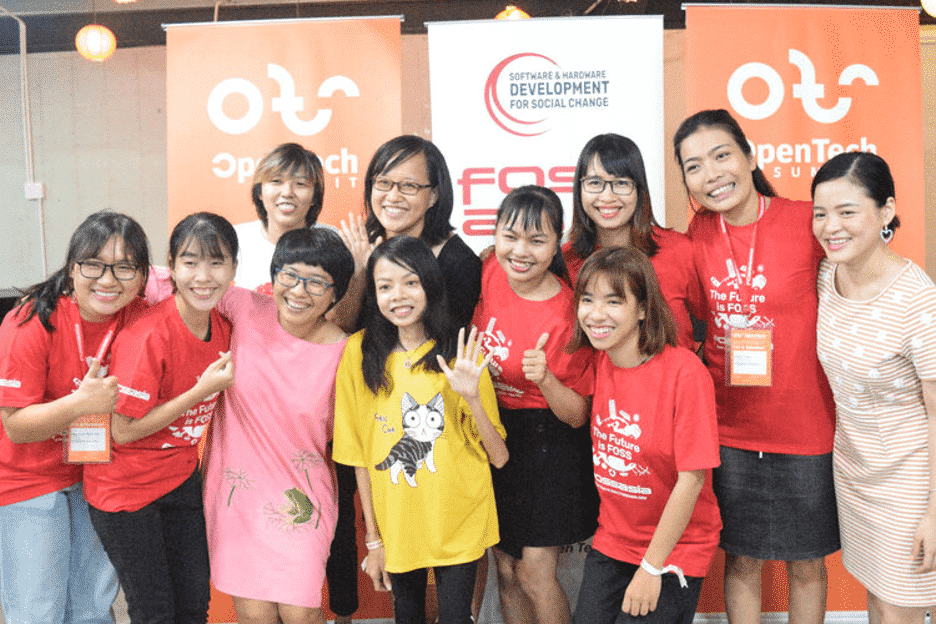
-
Empowering Marginalized Communities of Malawi with Centre for Youth and Development
Malawi has one of the highest poverty rates in the world; about 12 million Malawians live on less than $1.25 a day. These devastating circumstances leave many with food shortages, health concerns, and minimal access to education. Out of their population of nearly 16 million, only 65.8% will learn to read and write by the…
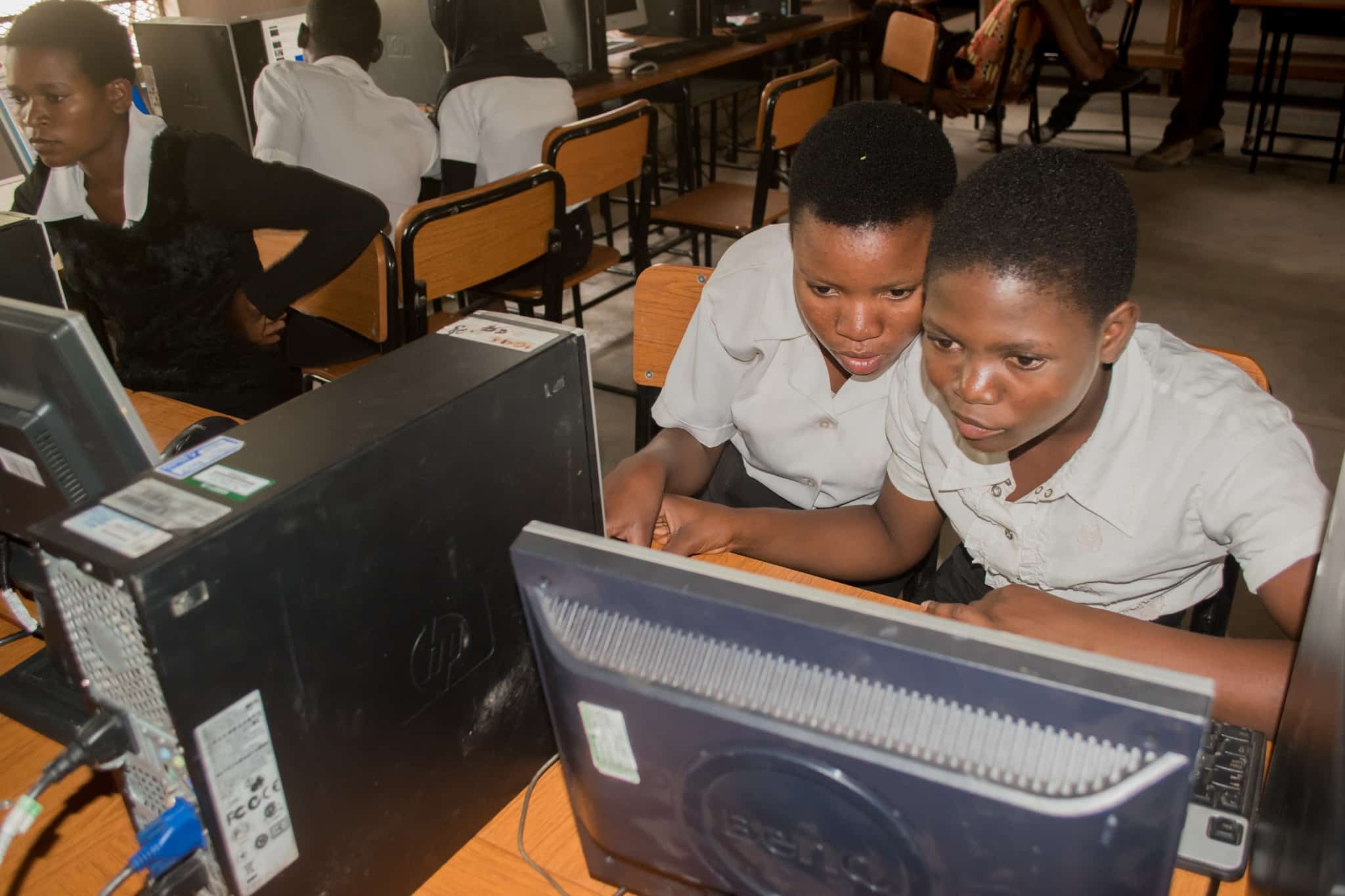
-
Using Technology to Enhance Reading Services in Peru with Worldreader
Latin America suffers from significant inequality when it comes to many areas, including education. For example, one in two students in Latin America do not reach the basic reading proficiency level required in the PISA assessment, led by the OECD, which highlights the learning crisis in the region. Of the countries on the PISA assessment,…

-
University Virtual Summer Internship
During the summer of 2020, Team4Tech partnered with Middlebury College, Dartmouth College, and the University of California at Davis to provide a unique and impactful virtual summer internship for students interested in ed tech. The internship cohort included 17 students who worked with three of our nonprofit partners: the Gashora Girls Academy of Science and…
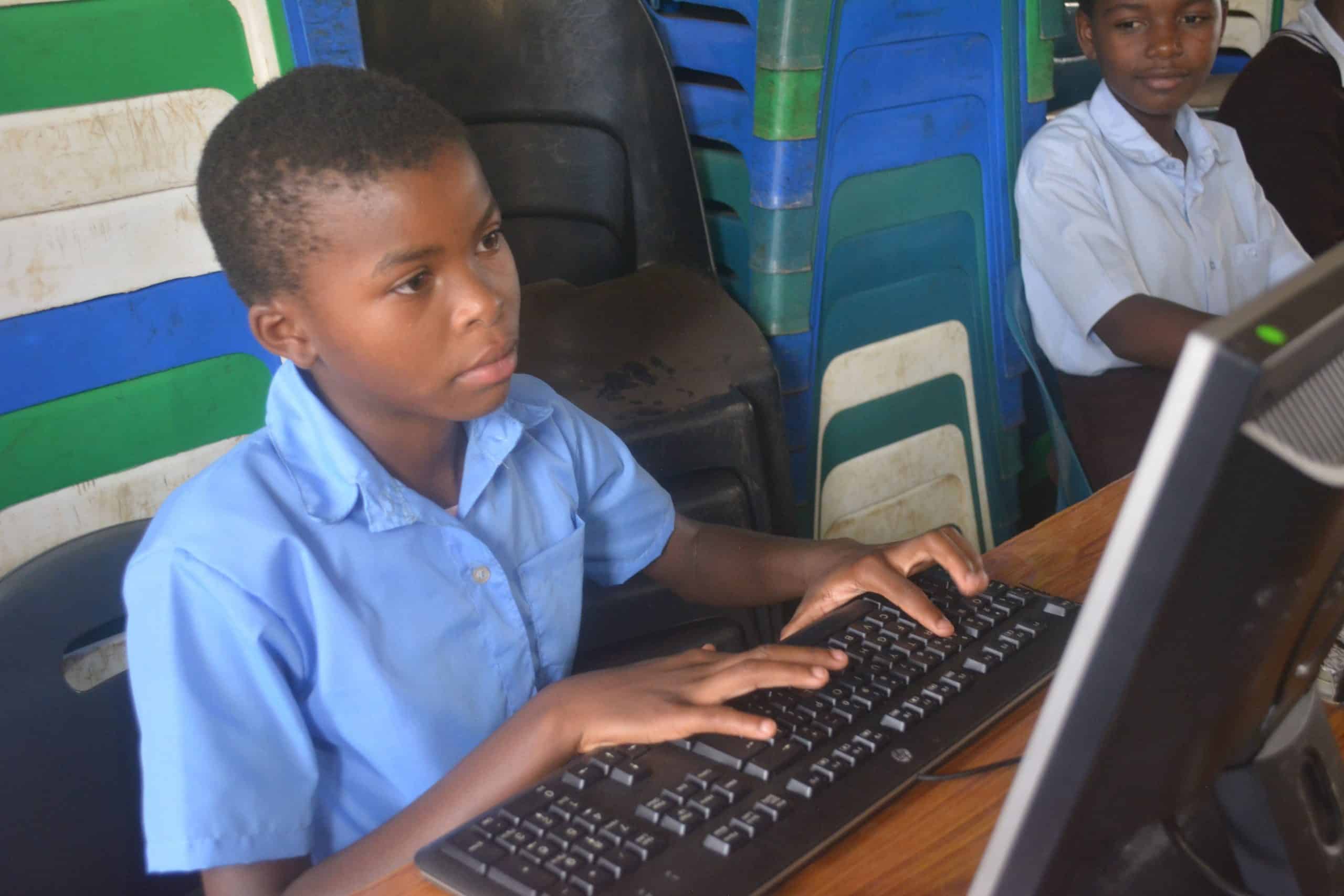
-
Providing Pathways to Break the Poverty Cycle in Cambodia with PEPY Empowering Youth
In the rural and remote communities of Cambodia, young people and their families do not see many opportunities for themselves outside of construction, agriculture, or migrating to Thailand to create income. As a result, education is not valued and drop out rates are high, causing the cycle of poverty to repeat. In the wake of…
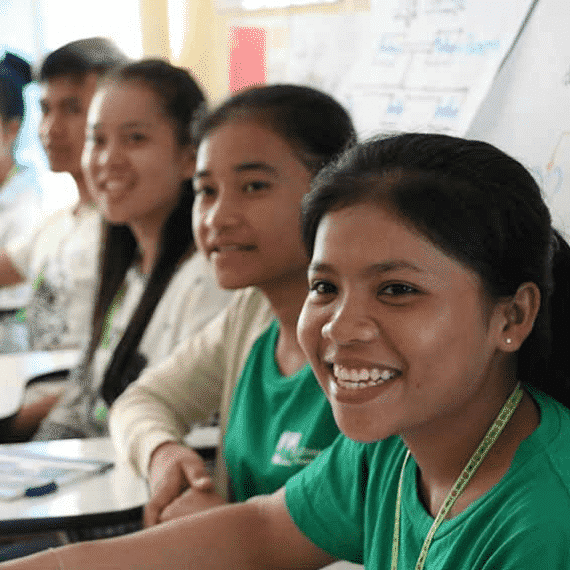
-
Supporting High-quality STEM Education in Tanzania with Tanzania Education Corp
In 2018, the World Bank stated that secondary school enrollment for girls in Tanzania was only 30%. Today, if a female student falls pregnant, she is not permitted to continue with her education. Limited access to schooling undoubtedly causes significant long-term socio-economic ramifications for the nation as a whole. Tanzania Education Corp’s mission is to…

-
Overcoming Cycles of Marginalization in South Africa with LEAP Science and Math Schools
Project Type: Virtual or On-site When: April to May, or July to mid-September South Africa is one of the most unequal societies in the world – more than a third of the country’s population live in need. Most schooling currently available to South African children is inadequate, perpetuating academic deficit and ignoring the development of…
